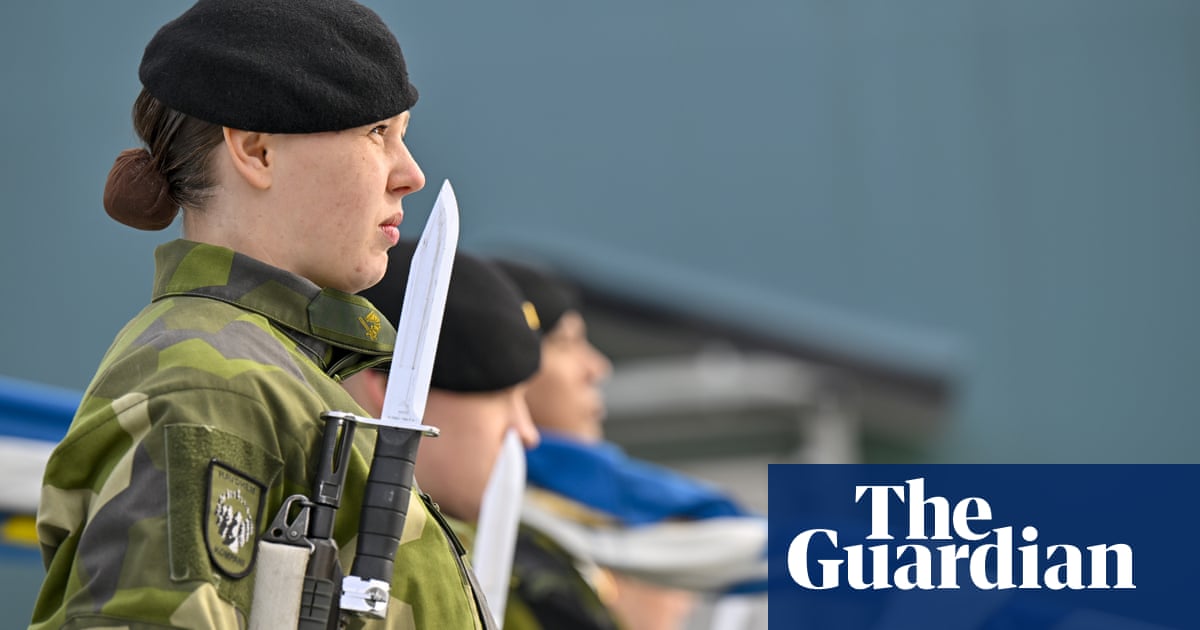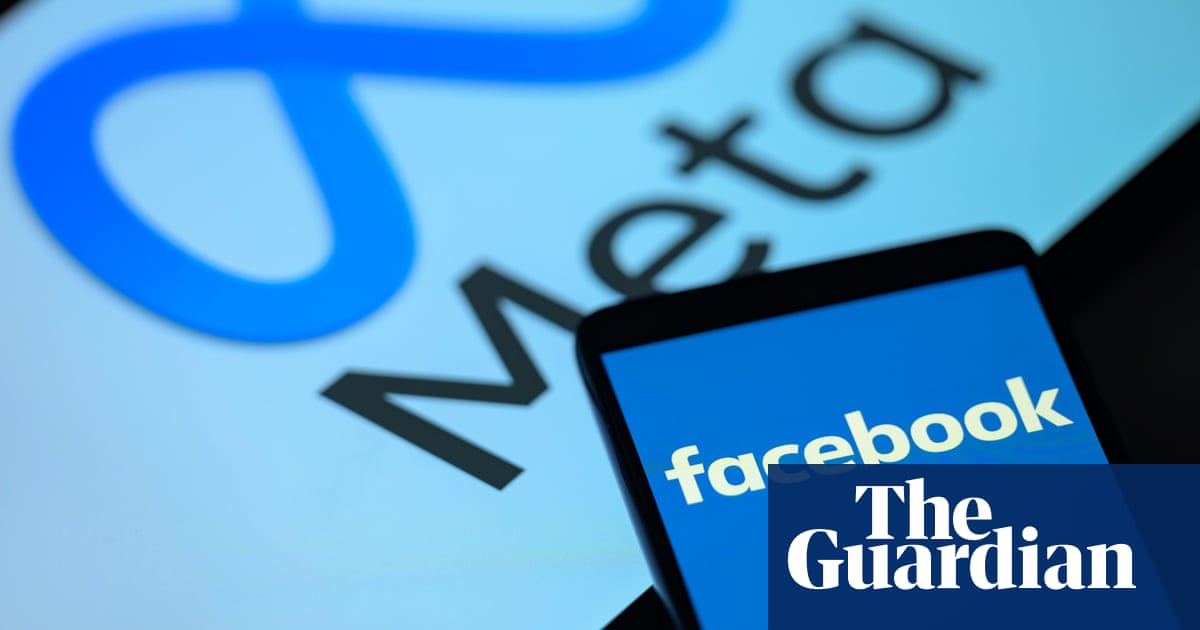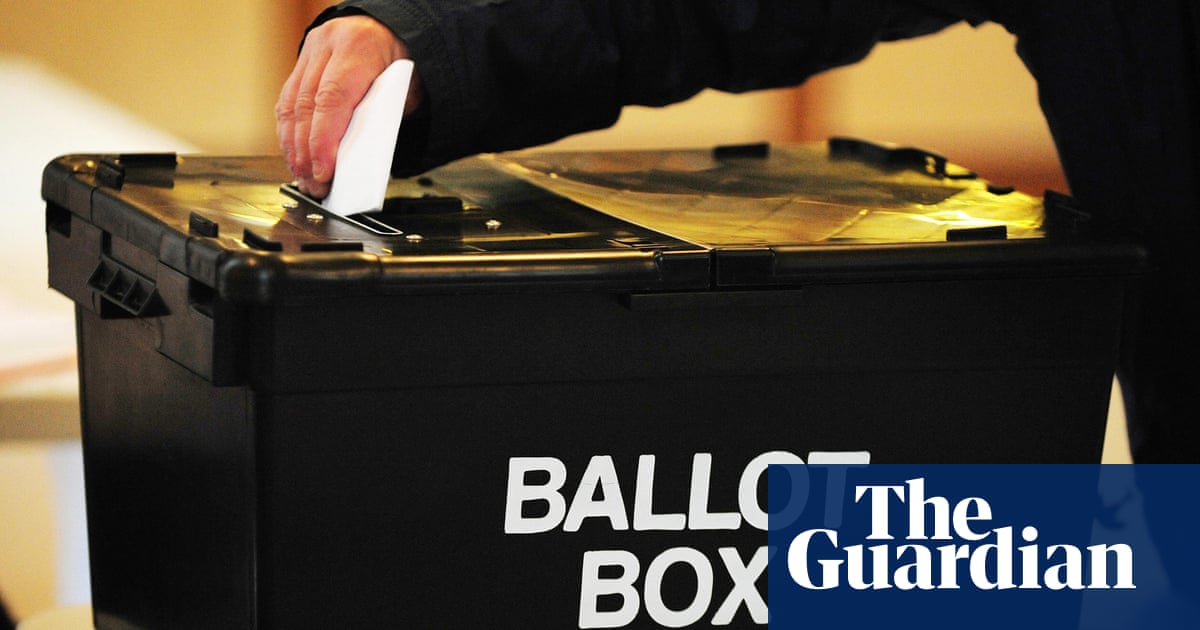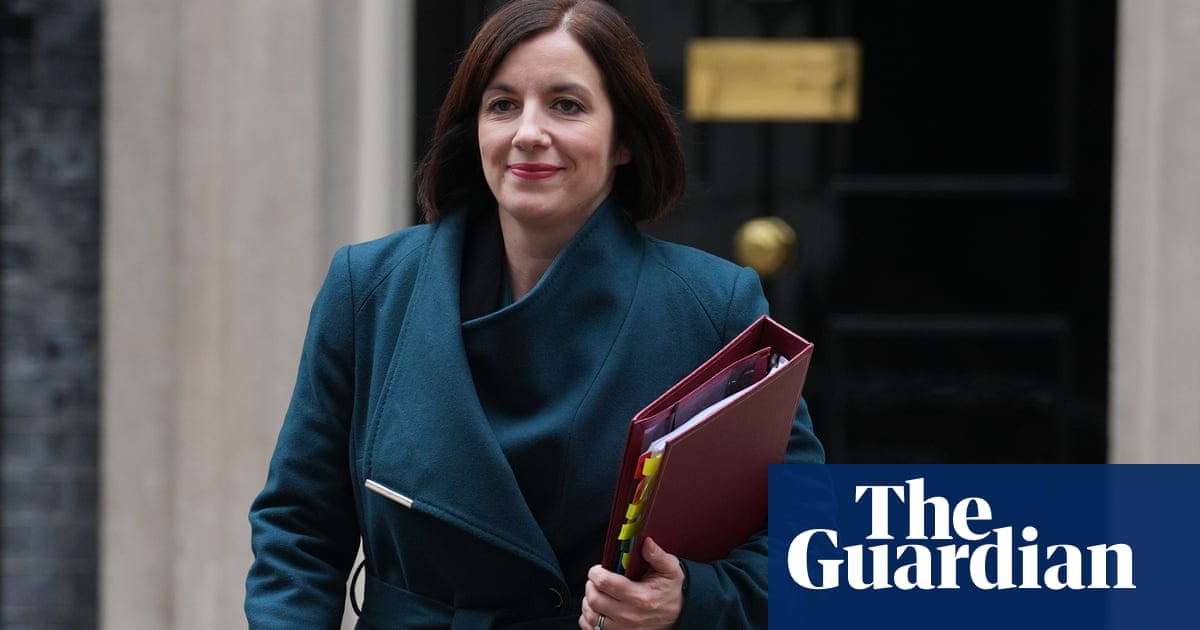By the third UK lockdown, Tori Amos was wondering if she would ever play live again. At her remote house in Cornwall, where we meet, she began mourning the loss of connection with her audience. When the US singer and songwriter is on tour, giving her famously passionate performances, hundreds of letters pour in every day, requesting songs. “I try to read as many as I can, and we change the show every night, except the bookends. Anything else is up for grabs.”
Her relationship with her fans has always been collaborative. They tell her things. They trust her. In person, she has an open-book quality that immediately draws you in. When I arrive at her place – a detached but unassuming house upfront, and a warren of more recently built workshops at the back, filled with beautiful pianos, a massive mixing desk and the harpsichord she played on her album Boys for Pele – we have lunch with her husband and sound engineer, Mark Hawley. The conversation roams through football, raving, legal training (their 24-year-old daughter Tash is studying law in Washington DC) and how good the pumpkin soup is.

Amos has a friendly air, considering everyone thoughtfully from behind her glasses. At the start of her career she was often referred to as kooky, but she contains multitudes. Literally. She has 11 muses, she says – spirit guides – that help her creatively. But she’s definitely as much at home in the real world. It takes practicality and resilience to go from being a piano prodigy at five to having a thriving career at 61 in the notoriously difficult and often sexist music industry.
Her work draws people into her confidence. The first single from her first solo album, Little Earthquakes, in 1992, was Me and a Gun, a haunting a cappella account of her own experience of sexual trauma, breathtakingly direct in its lyrics and delivery. “It was me and a gun / And a man on my back / And I sang Holy holy / As he buttoned down his pants”. In her 15 studio albums since, she has written about all manner of things – Ocean to Ocean in 2021 was inspired by the death of her mother a few years earlier, as well as by the pandemic and the storming of the Capitol on 6 January. But that achingly open first album, its songs including classics such as Silent All These Years and Girl (“She’s been everybody else’s girl / Maybe one day she’ll be her own”), unlocked a door for her fans. Ever since, they have streamed through it, and her shows have provided a place for them to express their collective trauma.

When she finally got back on the road in 2022, after five years – her longest break from touring since Little Earthquakes – that connection with her audience resumed, and is powerfully captured on her new album, Diving Deep Live. “Some had been working in healthcare. Some on the frontline had suffered what I would say were terrible outbursts from the public.” When people were making song requests, they were “usually wrapping it around an experience … Once you read what somebody has been through and they have attached a song to it, that song expands. I begin to see it in a different way, because I had no idea that this song helped this person when their partner committed suicide. Or this person sees this song in a certain way because it made them smile when they weren’t feeling well.”
In July, she was in the US, where she heard conversations that left her unsurprised by November’s election result. When she arrived back in the UK, her manager, John Witherspoon, told her about allegations that had been made against the writer Neil Gaiman, her close friend ever since Little Earthquakes. (She mentioned him in the song Tear in Your Hand – “If you need me, me and Neil’ll be hangin’ out with the dream king” – and they have collaborated on all sorts of projects since.)
The Gaiman allegations were made on Master, a podcast by Tortoise, the first episodes of which were released on 3 July this year. Rachel Johnson and fellow journalist Paul Caruana Galizia spoke first to two women, and eventually to five in total, who allege sexual misconduct by Gaiman. The podcast begins with a young woman called Scarlett, who had been sent to Gaiman’s house to babysit. His child turned out to be on a playdate, so Scarlett, who was 22 at the time, was alone with Gaiman. He ran her a bath and then, she alleges, sexually assaulted her within hours of first meeting him. He says he had established consent for their physical contact in the bath (in his account it was only cuddling and making out) and denies all allegations of sexual misconduct by all five women.

I ask Amos how she felt when she first heard the allegations. “Shocked,” she says. A long pause. “And if the allegations are true, that’s not the Neil that I knew, that’s not the friend that I knew, nor a friend that I ever want to know. So in some ways it’s a heartbreaking grief. I never saw that side of Neil. Neither did my crew. And my crew has seen a lot.”
She says it’s devastating for the women involved, and I ask if she has listened to the podcasts. “No,” she says. “But I’ve read …” She looks as if she’s about to cry. “He’s godfather to Tash.” Her eyes well up. She struggles to contain herself. “My manager was the one who told me, because the girls” – Tash and her cousin, Kelsey – “found out about it from a paper. Tash said, ‘Kels, we’re not telling Mom’ – they call me ‘T-Bird’, but she might have said ‘Mom’ here. But she said, ‘We’re not telling Mom right now, we’re going straight to John [Witherspoon], because we don’t know, first of all, the legality. We have to work through this, and it’s the holiday weekend [4 July is Independence Day in the US], and Mom has to work through this.’
“And so John said, ‘I will speak to her as soon as she gets off the plane,’ and that’s what happened.
“I haven’t publicly said anything because: what do I say? I didn’t hire the nannies. I wasn’t there. I’ve never met these people. And I’ve never received a letter – of the thousands of letters I’ve gotten in 33 years – I’ve never received anything that was about Neil, except praise for his work and how much his work meant to people. That’s all I ever knew.”

She looks crestfallen and hollowed out, as anyone would, but especially someone who has spent so much of their career advocating for survivors. One of the women who has made allegations against Gaiman says he mentioned Amos to her, and said he could get her full-time work on the singer’s rape helpline – a reference to the Rape, Abuse & Incest National Network (RAINN), the largest anti-sexual violence organisation in the US.
Amos was the first spokesperson for the organisation (not a co-founder, as she is often described), which was set up after a show she did in the US midwest in 1994. During her performance of Me and a Gun, “a young woman – a girl, in her teens, I believe – collapsed and was taken, of course, backstage, and I went to see her afterwards. She said to me something like: can I get a job, anything, so I don’t have to go home, because my stepfather raped me last night, and he’ll rape me tonight when I get in? And I said, naively, ‘Of course. Of course.’ And my tour manager called management back in California and said, ‘T’s made up her mind to do this. To take this girl.’ And they called back and said ‘she’ll be arrested for kidnapping’.
“And I watched that girl walk out the door. And I’ve never seen her again. Or heard from her. Nothing. Or any reference to her. And I was able to work with the women at the record label at the time – they were feminists and good women at Atlantic records – and they paired us with Scott Berkowitz, who had started the Rape Crisis idea of connecting a hotline across the country. It was a joining of forces to get that off the ground.”
Does she feel the world has improved, generally, for women in the 30 years since RAINN began? “No,” she says bluntly, before adding that there are “places for women to reach out to that were harder to find back then”. On that night in 1994, there was nowhere “to direct that young girl to, and that was the motivating factor, being so frustrated … So I think when we ask if things have improved, I think there are services that have improved, but the fact we’re looking at an administration whereby there seems to be almost a gender apartheid happening, and where misogyny is common practice … I just didn’t think, after the last four years of the Trump administration, that women would have to face this again.”
We turn to her experiences as a young musician, growing up in Maryland. Did she have a moment at the piano where she knew this was what she would be doing for the rest of her life? She says her cousin Martha, who was a teenager when she was a toddler, recently told her that watching her play the piano with both hands at two and a half was like something out of the Twilight Zone. At five, Amos began attending the Peabody Institute of the Johns Hopkins University – one of the youngest student ever to be accepted – studying alongside teenagers, until she grew frustrated with the way she was being taught, losing her place at 11. At 13, she started playing in gay bars, building an enormous repertoire of songs.

“I really think the piano became my first – no, maybe my Mom was my first friend,” she says, “but the piano became a true friend that has never let me down. She has never betrayed me. I have betrayed her.”
In what way? “When I started listening to some of the boys’ club in the record industry in my 20s and instead of exploring my original voice and finding out what that is, I started chasing things on the radio.” This was when she made her first album, in Los Angeles, as part of a group called Y Kant Tori Read. It was not well received. “Someone called me a third-rate Pat Benatar. But I would say I was at least a fifth-rate Benatar.
“That failure took me to a place of such lowness, where I heard laughter in this restaurant on Santa Monica Boulevard that I would go to. It was kind of an industry hangout, and I heard laughter as I walked past. Not that anybody knew who I was, but LA at the time could be a very small place. Especially if you’re at the bottom of the food chain, you know?
“So in that moment, with tears rolling into my spaghetti, I just said to myself, ‘Tori, how did you manage to go from prodigy to bimbo?’ Billboard had referred to the music as ‘bimbo’. It was such an awakening.”
Does she really think people were laughing at her? “Oh yeah, I do. Because the one thing that people in LA do not wanna catch is failure. More than anything else in that town, I really believe that that is the plague for them.”
But without that failure, she couldn’t have written Little Earthquakes, and all the albums since; couldn’t have had a massive international hit with Cornflake Girl (likely the only song about female genital mutilation ever to trouble the charts); couldn’t have written the wildly experimental album Boys for Pele, and seen a remix of its song, Professional Widow, become a dance classic (and perhaps the ultimate anthem of enthusiastic consent, with its refrain, “Honey bring it close to my lips”). She couldn’t have experienced some of the greatest critical acclaim of her career for Ocean to Ocean. “I had to go through that,” she says. “It was sort of my moment of moment, after years of having let my instrument down, turning my back on it, because I drank the Kool-Aid.”
Does she still feel she has to battle sexism now? “Well, that’s an interesting question,” she says. “We don’t know what we’re facing, with a president who seems to be fireproof. So, with the population feeling emboldened – some of them – I don’t know what kind of behaviour we’re going to have to deal with. But, in some ways, because of where I am in my life, I’m sure that I have met men who treat me differently.” To the way they treat other women? “Yes. And is that because they dared not show it to me? Because I won’t tolerate it.” Her steely side comes out. “I won’t tolerate it. I won’t tolerate it with the crew …” You won’t let it happen around you? “No. No.” And people know that? “Oh yeah. Yes. But possibly there are wolves in sheep’s clothing.” She gives me a meaningful look. “And clearly we talked about that earlier.”
-
Diving Deep Live (Decca Records) is released on 6 December.

.png) 1 month ago
6
1 month ago
6













































